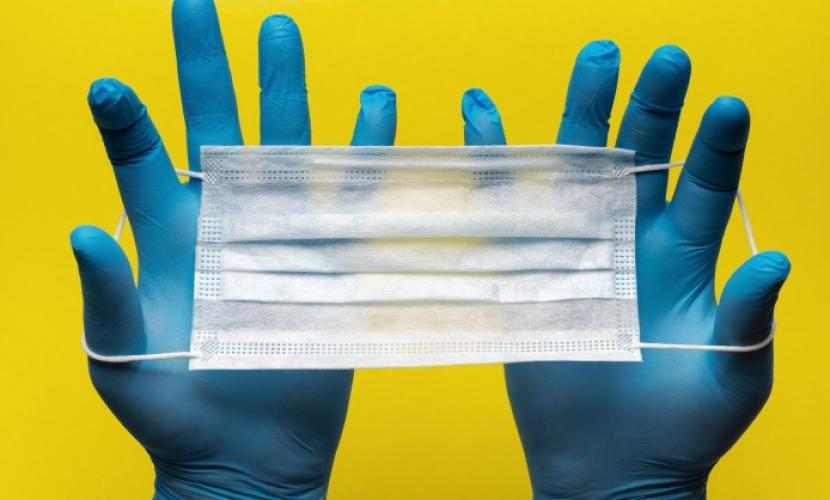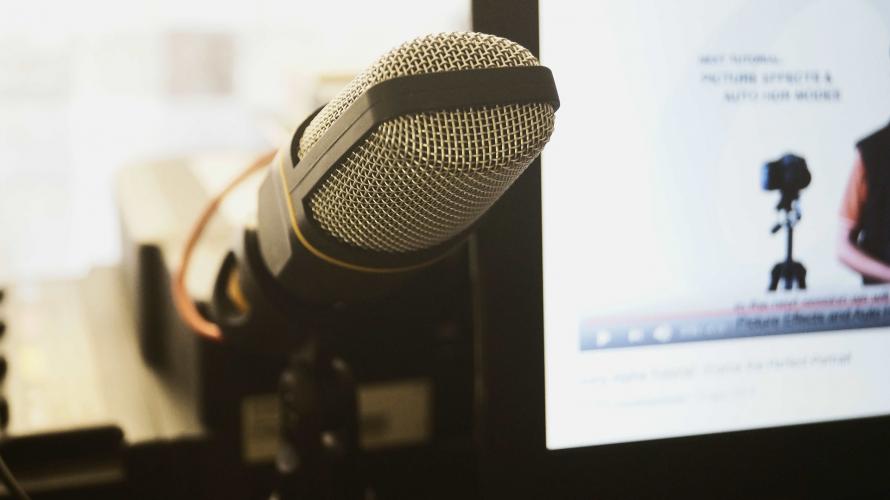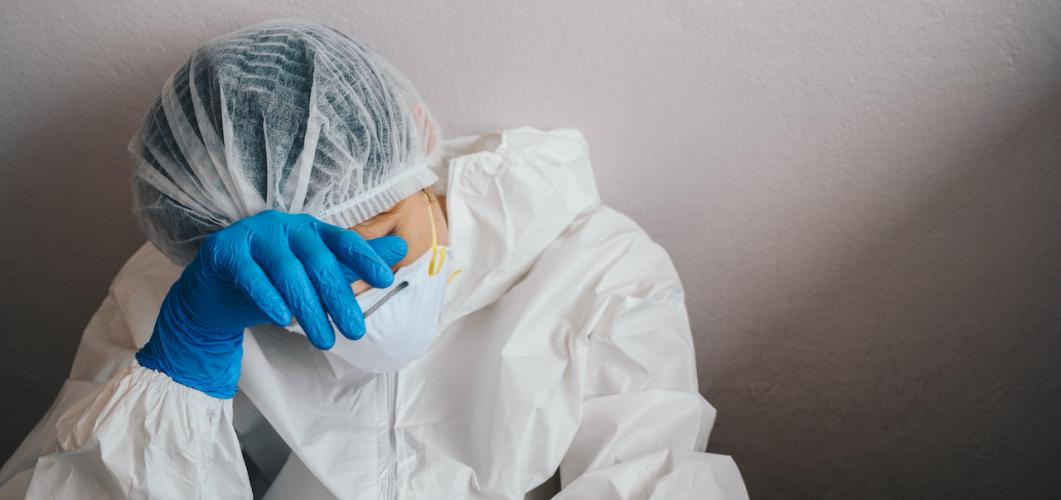Oral history of the pandemic
Yes We Care
“Hmm, when I look back, it all started in China in December, and I was already interested in what was happening because I am a nurse and an allied health professional. So I had been watching it on TV and I was naturally impressed by what the Chinese had achieved. People are now discussing whether everything they did was right or not. But when you see how long it takes to build a hospital in Luxembourg, in Europe in general, and that when they needed an annex they built it in 3-4 days, it’s very impressive.”[1]
These are the first sentences of the first interview conducted as part of the “Yes We Care” project on 1 April 2020, with Jean Dupond, a nurse working in Luxembourg. The small European country had been in lockdown since 16 March 2020.[2]
The spread of the virus and its health impact and social and economic repercussions soon led to a consensus that the COVID-19 pandemic would be a “historic event”.[3] This realisation immediately prompted stakeholders in humanities and social sciences to invest considerable time and resources in the new field that was emerging. Several collections were launched to compile traces of the event. The International Federation for Public History has identified more than 500 initiatives worldwide.

The project “Traces et mémoires d’une pandémie en cours [Traces and Memories of an Ongoing Pandemic] – Yes We Care”, initiated by the C²DH, aims to collect oral accounts from people working in the healthcare sector.
A unique approach and a varied sample
The decision was taken to focus on people working in healthcare in a broad sense. The sample of 21 people (10 women and 11 men) includes five nurses, four doctors and two directors of healthcare institutions, one funeral home employee and one physiotherapist. For this project led by Benoît Majerus, the research team adopted a longitudinal approach, conducting short, repeated interviews (15-20 minutes) with the same people based on a grid of indicative questions. The aim was to compile a personal video diary of healthcare workers in Luxembourg. In 2020, 280 interviews, representing a total of 110 hours of footage, were recorded.
One story among many: the materiality of clothing in COVID-19 healthcare
The decision to conduct unstructured interviews opened up a vast range of potential topics. The materiality of healthcare practices,[4] via the specific example of masks, was one subject that came up regularly. Masks became emblematic, contested objects during the COVID-19 pandemic, a symbol of conflicts within the scientific community, the shortcomings of public health systems, solidarity in the community, globalised production lines and a surge in environmental pollution.[5] What had been a medical object was suddenly transformed into an everyday item, both within and outside the field of healthcare.
By collecting these viewpoints as the event was unfolding (an approach known as a “rapid response collection”), this initiative shone a light on changes in daily healthcare practices that, with time, would become invisible, being swallowed up by the “new normality” ushered in by the pandemic: the question of the mask in particular and clothing in general, which came up frequently in the first months of the collection process, is now completely absent from the interviews.
[1] Interview with Jean Dupond (not his real name), a nurse, conducted by Victoria Mouton on 1 April 2020 by Skype.
[2] As is often the case with recent events, the first historical narrative was created on the Wikipedia collaborative platform, which also contains a useful factual overview of the pandemic in Luxembourg: “COVID-19-Pandemie zu Lëtzebuerg”. Wikipedia 2020. lb.wikipedia.org/w/index.php?title=COVID-19-Pandemie_zu_L%C3%ABtzebuerg&oldid=2314803. Consulted on 14 December 2020 at 17.49.
[3] Arlette Farge, “Penser et définir l’événement en histoire. Approche des situations et des acteurs sociaux”, Terrain. Anthropologie & sciences humaines, 1 March 2002, no. 38, p. 67-78.
[4] M. Ankele and B. Majerus (eds), Material Cultures of Psychiatry, Bielefeld, transcript, 2020.
[5] Bruno J. Strasser and Thomas Schlich, “A history of the medical mask and the rise of throwaway culture”, The Lancet, 4 July 2020, vol. 396, no. 10243, p. 19-20.




